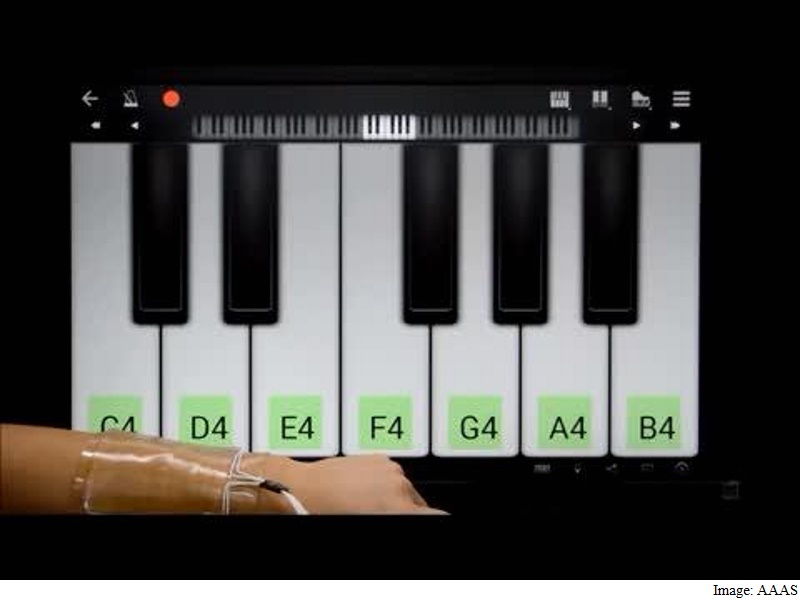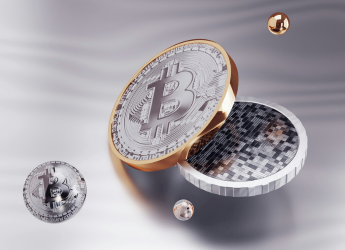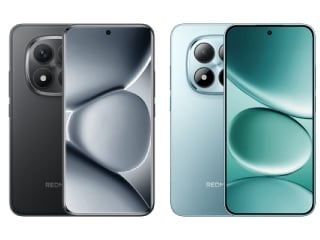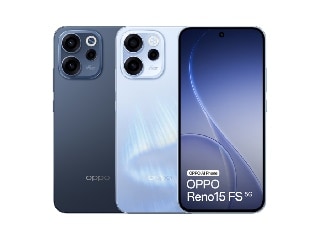- Home
- Science
- Science News
- Researchers Develop Stretchable, Wearable Touchscreens
Researchers Develop Stretchable, Wearable Touchscreens

The thin flexible ionic touchpad that is highly transparent, can be placed on one's arm to play video games, draw, write words as well as to play the piano, the study said.
The touchpad is made of hydrogel, a network of hydrophilic polymers that are soft and very stretchable, unlike the hard materials such as carbon nanotubes and metal nanowires earlier explored for the stretchy touchpads.
Moreover, the touchpad was still able to operate when it was stretched to more than 1,000 per cent of its normal area.
However, the resistance was found to increase slightly after 100 cycles, which may be due to water evaporation in the gel, said Chong-Chan Kim from the Seoul National University in South Korea, in a paper published in the journal Science.
For the stretchy touchpad, the team used a polyacrylamide hydrogel containing lithium chloride salts, which act as conductor and help retain water in the hydrogel.
Electrodes on the ends of the hydrogel panel apply similar voltages, which creates a uniform electrostatic field across the system.
When a finger touches the panel, it closes the circuit within the hydrogel, allowing current to flow from both ends of the strip to the touch point.
At each corner of the strip, meters that capture current detect the electrical signals.
Because human-computer interactions are increasingly important, touch panels may require stretchability and biocompatibility in order to allow integration with the human body, the researchers said.
The team also developed a controller board to facilitate communication between the ionic touch panel and a computer.
Catch the latest from the Consumer Electronics Show on Gadgets 360, at our CES 2026 hub.
Related Stories
- Samsung Galaxy Unpacked 2025
- ChatGPT
- Redmi Note 14 Pro+
- iPhone 16
- Apple Vision Pro
- Oneplus 12
- OnePlus Nord CE 3 Lite 5G
- iPhone 13
- Xiaomi 14 Pro
- Oppo Find N3
- Tecno Spark Go (2023)
- Realme V30
- Best Phones Under 25000
- Samsung Galaxy S24 Series
- Cryptocurrency
- iQoo 12
- Samsung Galaxy S24 Ultra
- Giottus
- Samsung Galaxy Z Flip 5
- Apple 'Scary Fast'
- Housefull 5
- GoPro Hero 12 Black Review
- Invincible Season 2
- JioGlass
- HD Ready TV
- Laptop Under 50000
- Smartwatch Under 10000
- Latest Mobile Phones
- Compare Phones
- OPPO Reno 15 FS
- Red Magic 11 Air
- Honor Magic 8 RSR Porsche Design
- Honor Magic 8 Pro Air
- Infinix Note Edge
- Lava Blaze Duo 3
- Tecno Spark Go 3
- iQOO Z11 Turbo
- Lenovo Yoga Slim 7x (2025)
- Lenovo Yoga Slim 7a
- Lenovo Idea Tab Plus
- Realme Pad 3
- Moto Watch
- Garmin Quatix 8 Pro
- Haier H5E Series
- Acerpure Nitro Z Series 100-inch QLED TV
- Asus ROG Ally
- Nintendo Switch Lite
- Haier 1.6 Ton 5 Star Inverter Split AC (HSU19G-MZAID5BN-INV)
- Haier 1.6 Ton 5 Star Inverter Split AC (HSU19G-MZAIM5BN-INV)







![[Sponsored] Haier C90 OLED TV | Dolby Vision IQ, 144Hz OLED and Google TV in Action](https://www.gadgets360.com/static/mobile/images/spacer.png)









